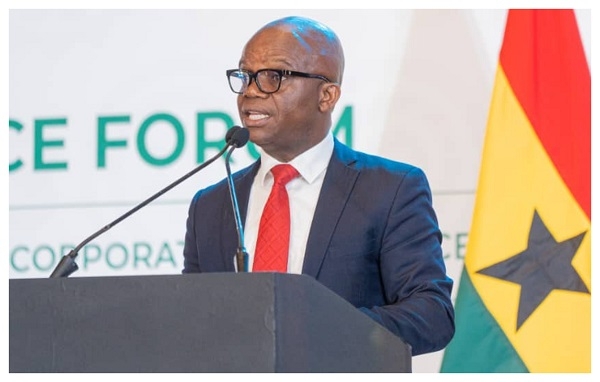Member of Parliament for Nhyiaeso, Dr. Stephen Amoah, has called for the urgent inclusion of entrepreneurship as a core component of Ghana’s Junior High School (JHS) and Senior High School (SHS) academic curricula to combat the country’s deepening youth unemployment crisis.
In a statement on the floor of Parliament on Tuesday, Dr. Amoah argued that entrepreneurship education at the basic and secondary levels is a critical long-term solution to joblessness, poverty, and the socioeconomic instability plaguing the country.
“Mr. Speaker, the way to go all over the world is entrepreneurship. The private sector is the engine of global socio-economic growth,” Dr. Amoah stated.
He cited alarming statistics to underscore the urgency of the problem, noting that according to the Institute of Statistical, Social and Economic Research (ISSER), only about 10% of Ghanaian graduates find jobs within a year of graduation.
“The rest roam the streets for years. This is unacceptable in a country endowed with natural resources and a youthful population,” he stressed.
Ghana’s annual university graduate output, he said, is approximately 110,000, but only about 10,000 secure formal employment within a year, leaving over 100,000 unemployed.
“Entrepreneurship is the key to dealing comprehensively with the graduate unemployment crisis in Ghana,” he insisted, adding that frustration over joblessness is pushing many into “illicit socioeconomic ventures” and brain drain.
Dr. Amoah emphasised that integrating entrepreneurship education early in the academic journey would stimulate creativity, reduce dependence on government jobs, and promote self-reliance. “We must train our youth not only to seek jobs but to create them,” he said.
He criticised the country’s current entrepreneurial ecosystem as weak and poorly coordinated. “The interactions among stakeholders lack not only structural and functional capacity but also the effectiveness to augment the employment base of Ghana,” he noted.
To address this, Dr. Amoah proposed a multi-pronged approach: The inclusion of entrepreneurship as a *core subject at the JHS level; Its introduction as an elective course at SHS; Government commitment to entrepreneurship in major policy decisions and Realignment of key stakeholders within the entrepreneurial ecosystem
“If well-integrated, entrepreneurship will help boost Ghana’s economy, reduce the government’s burden, and even address our chronic import-dependency,” he declared.
He called on the Ministry of Education and other relevant agencies to expedite the integration process.
“Let us not delay. The time to act is now. Entrepreneurship must be treated as a core tool in Ghana’s education and economic policy framework,” he stressed.
His remarks were met with agreement across the chamber, with those who contributed to the statement also calling for entrepreneurship training for students.





















